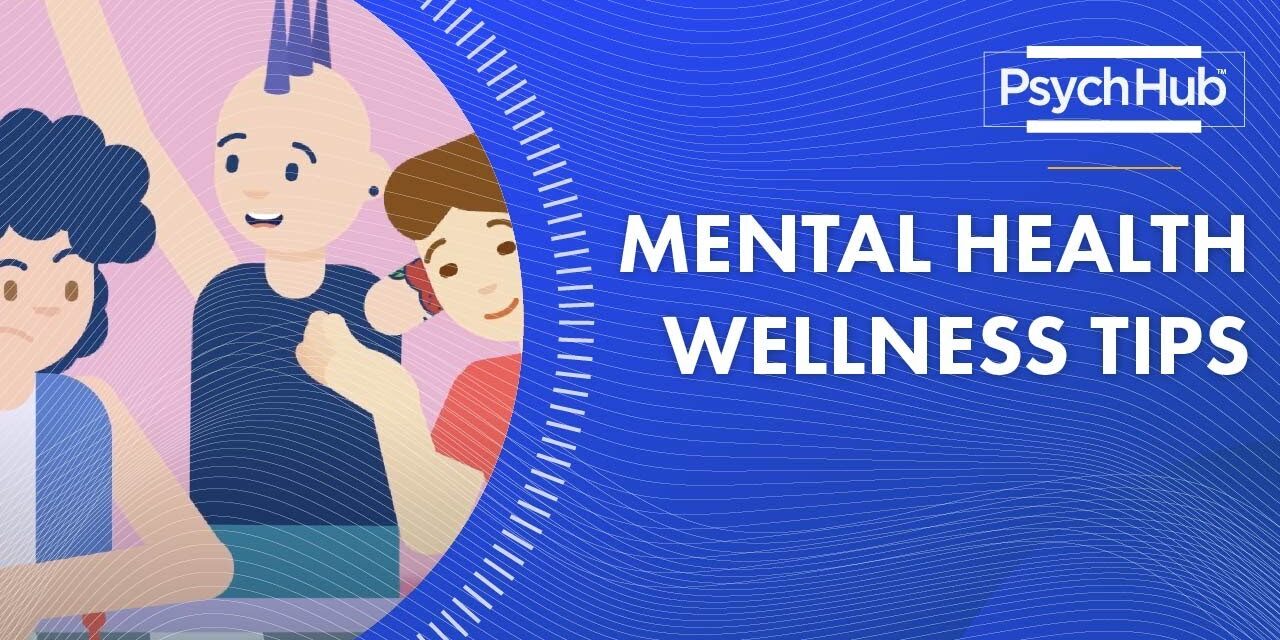Taking Control of Your Well-being: A Practical Guide to Better Mental Health
In today’s fast-paced and demanding world, it’s easy to let our mental well-being take a backseat. We often get caught up in deadlines, responsibilities, and a constant barrage of information, neglecting the vital care our minds truly need. However, prioritizing mental health for a fulfilling life isn’t a luxury; it’s a fundamental necessity for a truly productive and happy existence. Just like we attend to our physical health, nurturing our mental well-being requires conscious effort and proactive strategies.
The good news is that improving your mental health is achievable, and it doesn’t demand drastic overhauls. It’s about incorporating small, practical steps into your daily routine that can make a significant difference over time. This practical guide to better mental health will explore achievable steps for improving mental health and empower you to start taking control of your well-being tips today. Inside, you’ll find actionable insights to help you assess your current well-being and embark on a journey towards a healthier, happier mind.
Understanding Your Baseline: The Importance of Self-Assessment
Before diving into specific strategies, it’s crucial to first understand your current mental state. Taking a free well-being assessment online can provide invaluable insights into your starting point. These assessments, readily available online, are designed to help you identify areas where you’re thriving and those where you might need additional support.
Think of it as a crucial check-up for your mind. Just as you wouldn’t begin a fitness program without knowing your current physical condition, you shouldn’t embark on a mental health journey without performing a self-assessment for mental health baseline. These assessments typically cover various aspects of well-being, including:
- Mood and Emotions: How often do you experience positive and negative emotions? Are you feeling overwhelmed, anxious, or down?
- Stress Levels: Are you equipped with effective strategies on how to manage stress daily life? Do you have healthy coping mechanisms for stress in place?
- Sleep Quality: Are you getting enough restful sleep? Poor sleep can significantly impact mental health, making improving sleep quality for mental health a key focus.
- Social Connections: Do you have strong, building strong supportive relationships in your life? Social isolation can be detrimental to well-being.
- Self-Esteem: How do you feel about yourself? Do you have a positive self-image and are you actively boosting self-esteem for better well-being?
By answering these questions honestly, you can gain a clearer picture of your overall mental well-being and pinpoint the areas where you can best focus your efforts.
Practical Strategies for Enhancing Your Mental Well-being
Once you have a better understanding of your needs, you can begin implementing practical strategies enhancing mental well-being. Here are some actionable tips to consider:
-
Prioritize Self-Care: Self-care isn’t selfish; it’s essential for maintaining your well-being. Make dedicated time for self-care activities for relaxation that you genuinely enjoy and that help you recharge. This might include reading a book, taking a bath, listening to music, spending time in nature, or indulging in a hobby. Schedule these activities into your week as you would any other important appointment.
-
Practice Mindfulness and Meditation: Mindfulness involves intentionally focusing on the present moment without judgment. Meditation can help quiet your mind, reduce stress, and significantly improve your overall sense of well-being. Even a few minutes of daily meditation can make a profound difference, and exploring the benefits of mindfulness and meditation daily is a worthwhile endeavor with numerous apps and online resources available to guide you.
-
Cultivate Gratitude: Taking time to appreciate the good things in your life can truly cultivate gratitude for mood boost and enhance your overall outlook. Consider keeping a gratitude journal, writing down things you’re thankful for each day. Expressing your gratitude to others can also strengthen your relationships and foster a more positive environment.
-
Stay Active: Exercise for mental health benefits extends far beyond physical health. Physical activity releases endorphins, which are natural mood-boosters. Aim for at least 30 minutes of moderate-intensity exercise most days of the week, whether it’s walking, running, swimming, dancing, or any activity you enjoy.
-
Nourish Your Body with Healthy Foods: What you eat profoundly affects your mood and energy levels. Focus on a balanced diet rich in fruits, vegetables, whole grains, and lean protein. Conversely, avoid processed foods, sugary drinks, and excessive caffeine, which can contribute to anxiety and mood swings, thereby understanding the impact of foods affecting mood and energy levels.
-
Prioritize Sleep: Getting enough sleep is absolutely crucial for mental health. Aim for 7-8 hours quality sleep tips each night. Establish a regular sleep schedule, create a calming bedtime routine, and ensure your bedroom is dark, quiet, and cool.
-
Connect with Others: Building strong supportive relationships is foundational for well-being. Spend quality time with loved ones, join a club or group, volunteer in your community, or find other ways of connecting with others for well-being with people who share your interests.
-
Limit Screen Time: Excessive screen time can contribute to anxiety, depression, and sleep problems. Implement strategies for limiting screen time for anxiety, especially before bed. Take regular breaks from your devices throughout the day and engage in activities that don’t involve screens.
-
Learn to Say No: Overcommitting yourself can rapidly lead to stress and burnout. Mastering learning to say no to avoid burnout is a vital skill. It’s perfectly acceptable to protect your time and energy by declining requests that don’t align with your priorities or for which you simply don’t have the capacity.
-
Seek Professional Help When Needed: If you’re consistently struggling with your mental health, do not hesitate to seeking professional help for mental health. A qualified therapist or counselor can provide invaluable support, guidance, and effective treatment strategies. There is absolutely no shame in asking for help; it’s a clear sign of strength and a proactive step towards healing.
Making Well-being a Priority
Improving your mental well-being is an ongoing process of improving well-being, not a fixed destination. Be patient with yourself, and don’t get discouraged if you experience setbacks along the way. The key is to make small, sustainable changes that you can truly incorporate into your daily routine for mental well-being. By prioritizing mental health for a fulfilling life, you can create a happier, healthier, and more truly fulfilling life for yourself. Taking a free well-being assessment online is an excellent first step on this journey, providing you with valuable insights and empowering you to take charge of your mental well-being. Remember, you deserve to feel good, and with the right tools and strategies, you can achieve better mental health and overall well-being.











